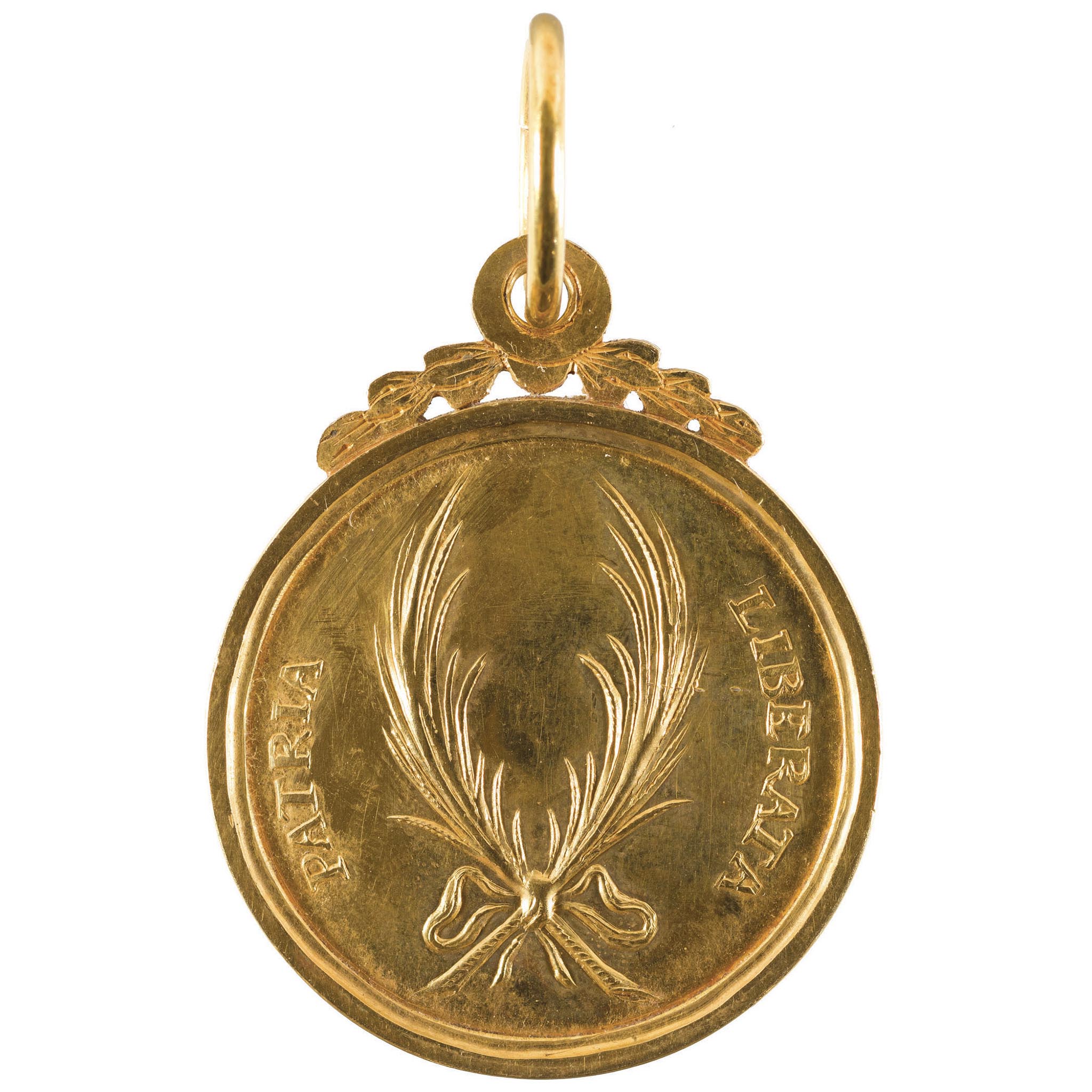With war in Europe spreading like wildfire, France became embroiled in a war across the world. An island of ‘shop keepers’ wholly dependent on the sea, such as Malta in 1798, could not live upon the much-vaunted ideals of liberté, égalité, fraternité alone. The island needed economic stimulus. In September 1798, after three short months of Republican rule, Malta burst into flames; a quasi-civil war broke out. A wilting economy, a rise in unemployment and the crushing defeat of the French navy at Aboukir in August, paved the way for rebellion. The defeat at Aboukir had practically dissolved any protection enjoyed by Maltese merchants and corsairs flying the tricolore. By September 1798 a good number of Maltese believed they had been betrayed by France and its Maltese Jacobins. This beacon of freedom was now perceived as rotten. All the strata of Maltese society, from the nobles to the rowdy sailors, or the uneducated farmers, heard a rallying cry. A unifying cry seldom heard, maybe even to this very day in our country. Once heard and understood, the flames of this cry engulfed the island, steeling the hearts of the populace and signalling the beginning of the end of Republican Malta.











